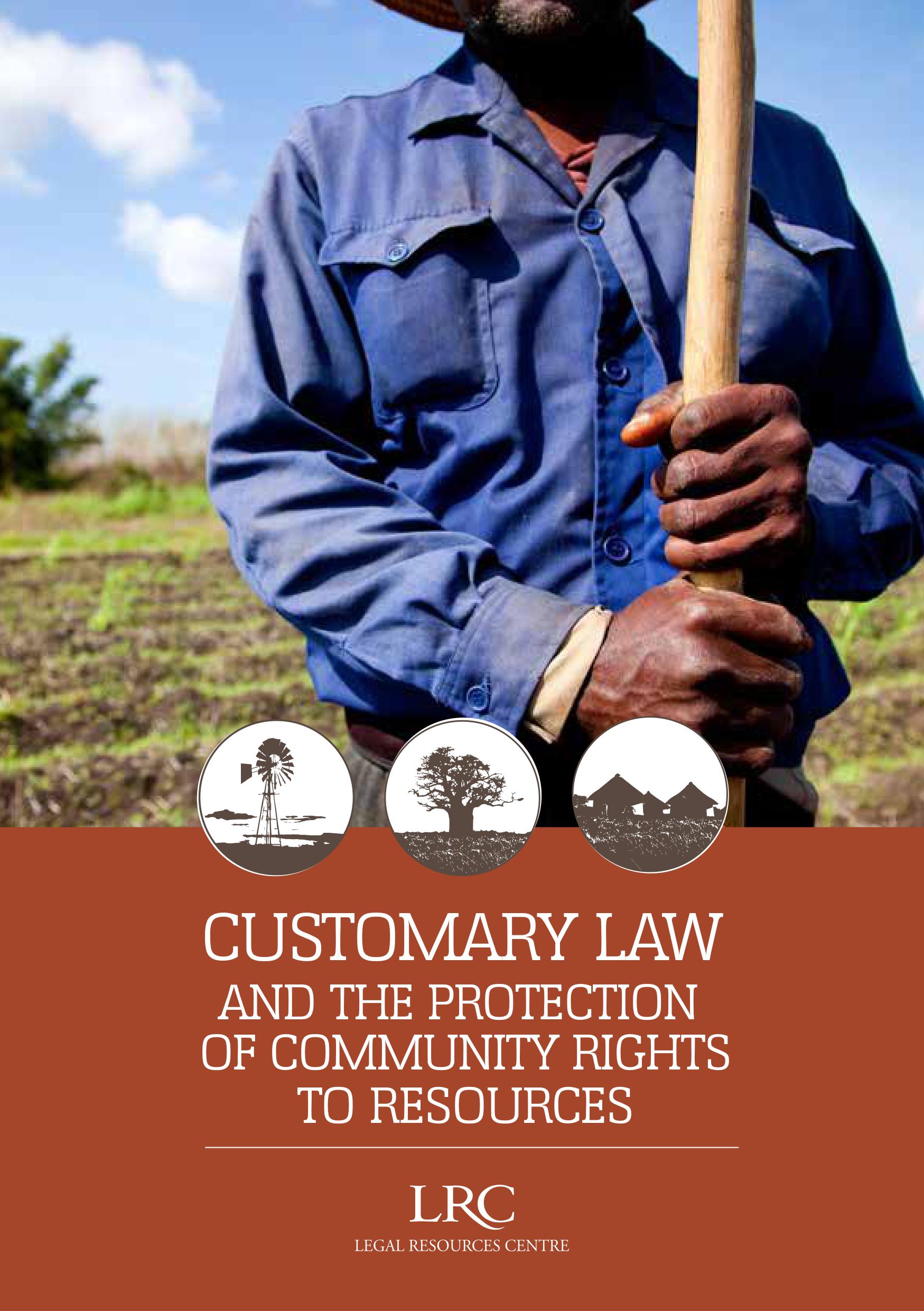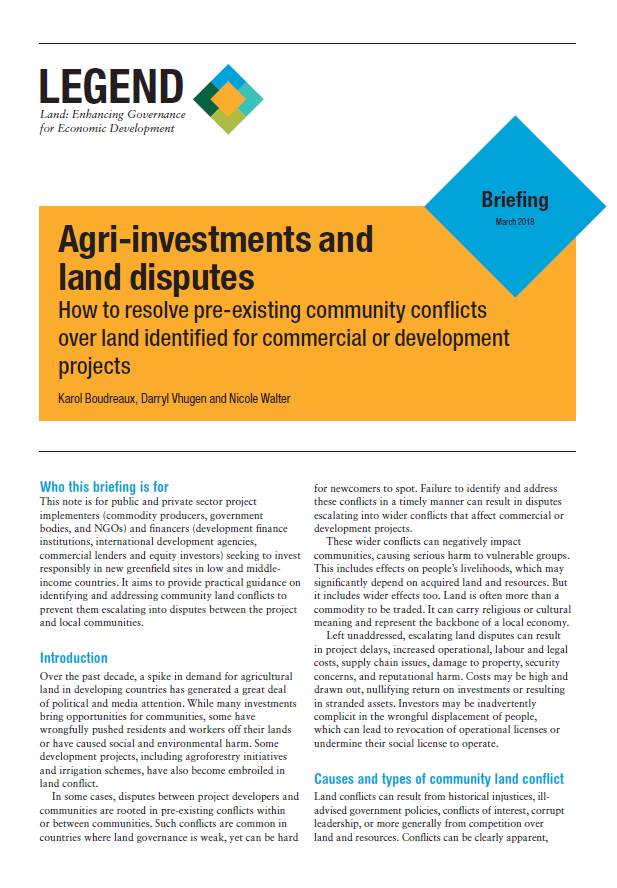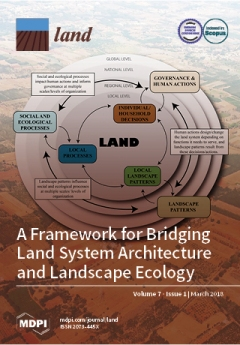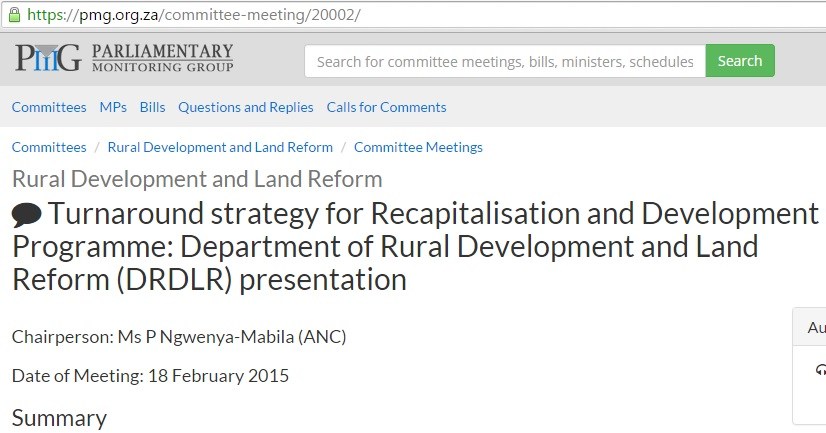Sub-decree No. 167 on the re-classification, privatization and provision of social land concessions of state permanent forest reserve in Domrei Pung area, Tro Peang Pleang commune, Chhuk district and Stung Keo commune, Kampot district, Kampot province
The land of which size is 219 hectares was transferred to Kampot State Land Management Committee to register as private state land in order to distribute social land concessions in Domrei Pung area, Tro Peang Pleang commune, Chhuk district and Stung Keo commune, Kampot district, Kampot province.







